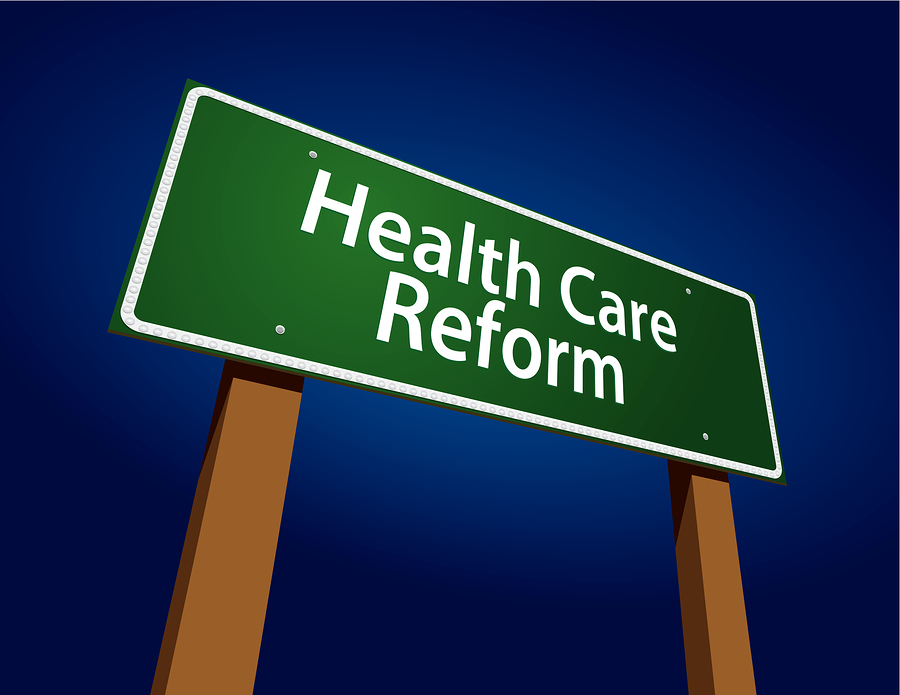The Healthcare Reform: What Does That Mean For Family Law In New York

I am so excited that the healthcare reform bill has finally been passed. Not only for myself but for my clients who opt out of certain divorce settlements because of the cost of obtaining their own healthcare coverage. For instance, a client of mine recently spent several years and several thousand dollars trying to settle a case only to agree to a Separation Agreement so that his ex-wife can remain on his health insurance since she had a pre-existing condition. Up til now, well actually not until 2014 when the pertinent provision goes into effect, health insurance providers were able to deny coverage based on pre-existing conditions or they would charge astronomical premiums for this group. In fact, part of the basis for the Domestic Relations Law, Section 177, enacted in 2007, was to put all parties on notice that the provider/spouse may no longer be required or permitted to continue coverage for the non-provider/spouse. Oftentimes it was the wife, especially unemployed or underemployed wife, who was covered by her husband’s health insurance and was not aware that his employer prohibited continued coverage once the parties divorced. This created a huge problem for many women, particularly middle-aged and older, when it was difficult for them to obtain coverage on their own since they are more susceptible to particular illnesses. If they are of Medicare age then not so much, but the younger wives had very few options. Additionally, in non-maintenance divorces, having the resources to obtain health insurance was almost impossible, even more so when the wife had a pre-existing condition. So now, under this new law, more uninsured and “uninsurable” will be covered by one provision or another.
As for child support, the cost of health coverage is an “necessary add-on expense”, which is added to the basic child support obligation of the non-custodial parent. This meant that in cases where the basic child support amount already consumed most of the custodial parent’s disposable income, that the cost of adding a child to his health insurance made the circumstances even worse especially if the child had major health issues. Now, since this portion of the healthcare reform goes into effect immediately, no insurance provider can deny a child with pre-existing condition and thus the custodial parent’s cost for maintaining coverage does not have to send him to the poorhouse. On the other hand though, the provision that states that providers can no longer “kick off” dependents once they reach 18 years old will certainly create a burden for the non-custodial parent. In New York, the child support obligation terminates at the age of 21, unless emancipation occurs before then, but the add-on expense of maintaining health insurance coverage ended at 18. So now, the custodial parent may petition the court to continue coverage until at least 21, since the legislative and judicial branches deal with how the new bill affects that provision of the Family Court Act.
Child custody and juvenile delinquency cases are also affected by the new law. Since serious health concerns of the child and the ability to provide for them may be a factor in custody determinations and many juvenile delinquents need therapeutic/psychological treatment, ensuring that coverage will be intact will affect how the courts address these issues. Despite the fact that Medicaid, and other government sponsored programs, covers millions of children in New York there are still many who were not eligible for any of these.





